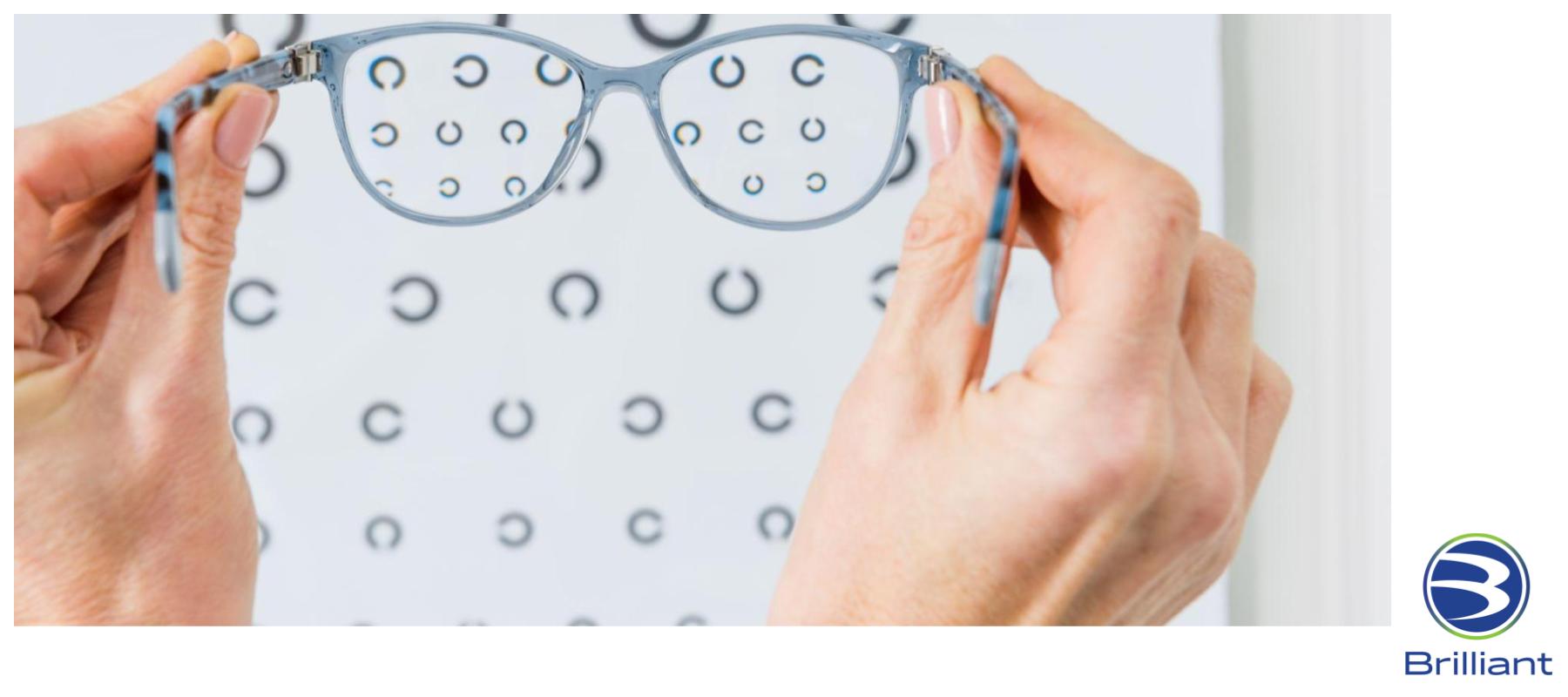- Phone: 1.404.373.4030
- Opening Hours: Mon-Fri 9AM-5PM Eastern

One day you wake up and things don’t quite look the same. Trying to read an article on your phone or computer but the letters seem too small, can’t see which button is the mute button on the remote control, and then you realize everything your parents told you about aging has now begun to happen to you. “The eyes are the first to go,” they would say. Maybe you find you need more light in order to see things, or have a hard time distinguishing some colors (hey, some do look alike). Find that you can’t focus as well or have trouble seeing up close? Welcome to middle age, friends! It’s normal to find yourself identifying with those issues. Congrats to you who have made it through the ages 40 to 60 WITHOUT having experienced at least one of these problems. A lot of things can happen as we age, and yes, a change in our eyesight is normal. As we unlock the facts about eyesight and aging, we’ll talk about the different things that can happen and give you a heads up for conditions that don’t need to be ignored.
As we age, the risk for certain eye conditions increases. Some of those are:
Just like frequent check-ups with your doctor are important for your physical health, the same is true for your eye and optical health. What are some ways you can be proactive to keep your eyes healthy as you age?
The medical term for some age related eye issues is presbyopia. Presbyopia is defined as the eyes losing their ability to focus on nearby materials or objects that happens over time, as age progresses. If you find yourself in that “middle age” range or headed for it soon, you’ll want to know what to look for (pun intended) in these age related vision changes.
If getting older wasn’t bad enough the thought of all these eye issues can be quite depressing. But don’t give up! There are plenty of ways to fight the effects of age related vision changes, some of which are quite simple!
See Better, Live Better
Aging isn’t easy. In fact, it can be quite difficult, but going into infomed and proactive can make your later years some of your best years. Your eyes are essential so take the best care of them that you possibly can. Keep regular appointments with your eye doctor and go whenever something out of the ordinary happens. You deserve to clearly see the best years ahead!
© 2021 Compac Industries. All rights reserved.
This article is intended to provide an understanding of and knowledge about “health topics” as expressed through the perspective and research of the author. It is not intended to be a substitute for professional advice or counsel, including the diagnosis or treatment of any condition. Always seek the advice of your qualified healthcare provider with any questions you may have regarding a medical condition, illness or treatment of any listed or non listed situation above. By using this site, you signify your assent to our Terms and Conditions.
Sources:
https://healthcare.utah.edu/healthfeed/postings/2016/09/vision.changes.php
https://www.aoa.org/healthy-eyes/eye-health-for-life/adult-vision-41-to-60-years-of-age?sso=y
https://www.mayoclinic.org/diseases-conditions/presbyopia/symptoms-causes/syc-20363328
https://my.clevelandclinic.org/health/articles/8567-common-age-related-eye-problems


DISCLOSURE: Noelle Copeland RDH is an Oral Care Specialist and Dental Consultant who provides content

DISCLOSURE: Noelle Copeland RDH is an Oral Care Specialist and Dental Consultant who provides content

We believe that all people are fearfully and wonderfully made and designed in the womb for a grand purpose.
Useful Links
Copyright © 2023 Compac Industries | All Rights Reserved.